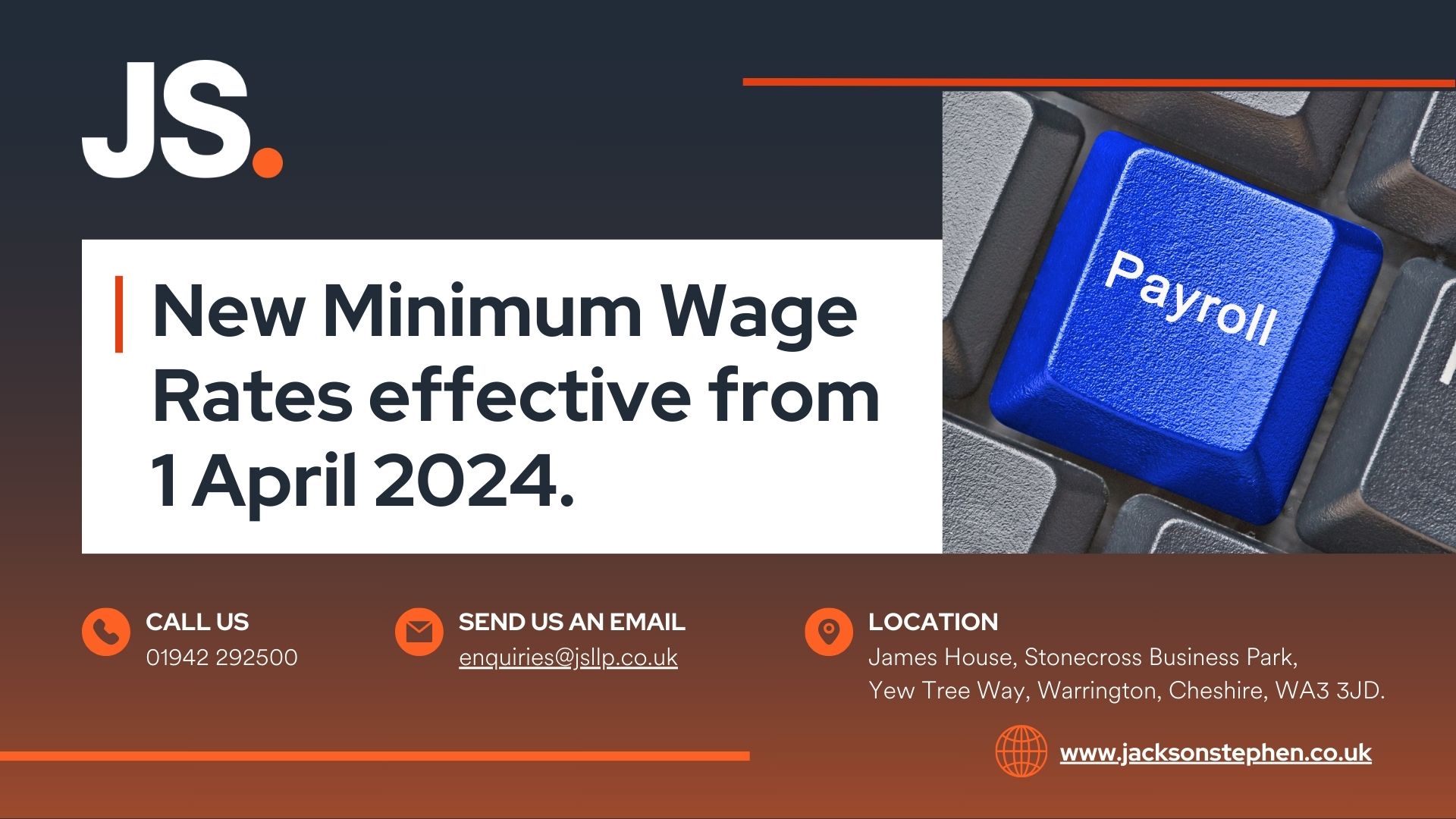
Understanding Profit Extraction
07 Aug, 20195 minsAs a business owner, have you explored all your options for getting value out of your compan...

As a business owner, have you explored all your options for getting value out of your company in the most tax-efficient way?
The Limited Liability Company represents a very popular ownership vehicle for small, medium, and large businesses alike. It typically works well, not just for managing commercial risk, but also for taxation purposes in many respects, and we continue to advocate its adoption for many sole traders and partnerships. When doing business through the medium of a company, a fundamental question arises as to how the owner should extract his income. We currently face high rates of income tax and national insurance, and the prospect of a reduction in those rates seems remote in light of the country’s public sector deficit. There is nevertheless a potentially wide range of different profit extraction options which warrant discussion.
Most accountants focus largely on the relative merits of extracting income from the company by way of salary or dividends. While this remains a core and important assessment for the company owner, all too often we see cases of other advisors’ calculations being flawed, and of decisions being taken on the basis of comparing “apples with pears”. Furthermore, we must, in any event, include consideration of all potential options including the following:
- SALARY – For example, “threshold” wages for directors are tax efficient in that they yield corporation tax relief for income that is covered by a personal allowance for income tax purposes;
- DIVIDENDS – Dividend income within an individual’s basic rate band suffers income tax at only 7.5% and there is also a £5,000 tax-free dividend allowance. How many basic rate bands within the family might it be possible to use for this purpose, therefore, and how might that be safely exploited?
- INTEREST – Interest is NIC-free income to the lender, but nevertheless deductible for corporation tax purposes. As such this can be an attractive alternative in some situations and can be more tax efficient than a dividend;
- RENT – Rent is similar to interest and potentially easier to justify (where applicable) in terms of achieving sufficient income extraction, especially while interest rates remain low and can be more tax efficient than a dividend;
- PENSION CONTRIBUTIONS – Pension contributions are potentially powerful in the short term, at least in managing corporation tax cashflow without personal tax consequences. The long-term merits of this approach involve a considerably wider perspective of course and that needs all due care and attention from tax and pension experts;
- BENEFITS – A limited range of benefits can achieve particularly tax-efficient results for the recipients;
- REALISING CAPITAL – There are different means of realising capital at low CGT rates of tax, in a way that might provide the recipient a lump sum or a kind of “income” over a considerable number of years, either of which is highly tax efficient;
- TAX EFFICIENT INVESTMENTS – There are various investment products that provide income tax and IHT benefits which can be utilised once income is extracted from a company;
- MARKETED STRATEGIES AND ARRANGEMENTS – Despite the inevitable resistance from HMRC there are still marketed strategy arrangements which can assist with tax-efficient extraction.
At JS we are experienced in devising and implementing extraction plans to help minimise income tax and national insurance particularly. Please speak to us to see what might be done in your case.


